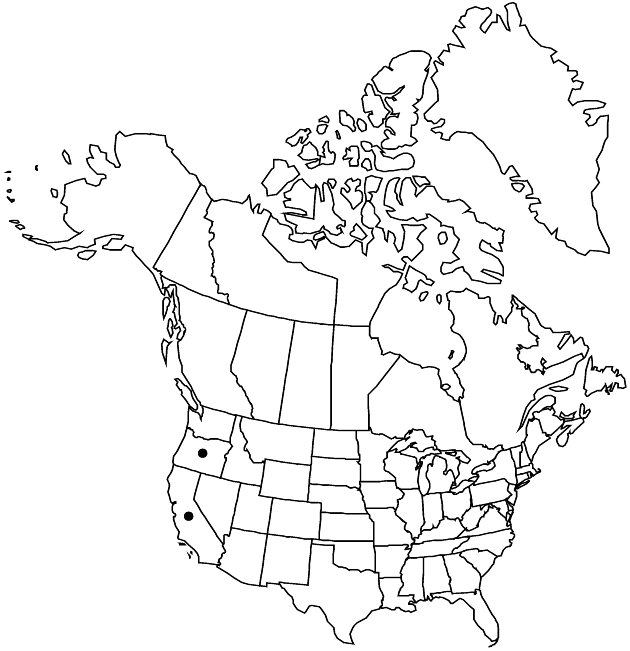Difference between revisions of "Eriophyllum lanatum var. lanceolatum"
Man. Fl. Pl. Calif., 1118. 1925.
imported>Volume Importer |
imported>Volume Importer |
||
| Line 56: | Line 56: | ||
|publication year=1925 | |publication year=1925 | ||
|special status=Endemic | |special status=Endemic | ||
| − | |source xml=https:// | + | |source xml=https://bitbucket.org/aafc-mbb/fna-data-curation/src/2e0870ddd59836b60bcf96646a41e87ea5a5943a/coarse_grained_fna_xml/V19-20-21/V21_900.xml |
|tribe=Asteraceae tribe Heliantheae | |tribe=Asteraceae tribe Heliantheae | ||
|subtribe=Asteraceae (tribe Heliantheae) subtribe Baeriinae | |subtribe=Asteraceae (tribe Heliantheae) subtribe Baeriinae | ||
Latest revision as of 20:15, 5 November 2020
Perennials (± taprooted). Proximal leaves alternate; blades lanceolate to ovate, margins coarsely serrate or entire, plane, faces densely woolly. Heads usually borne singly, sometimes 2–3 per array. Peduncles mostly 3–10(–15) cm. Involucres 12–15 mm diam. Ray florets 10–15; laminae 7–10(–15) mm. Cypselae (1.9–)2.5–3.2 mm; pappi 0.5–1.4 mm. 2n = 16, 32.
Phenology: Flowering May–Aug.
Habitat: Dry, rocky sites, oak/conifer forests
Elevation: 200–2200 m
Discussion
Although individuals of var. lanceolatum usually differ strikingly from most members of the other northern Californian varieties of the complex, sometimes they are similar. For example, L. Constance (1937) cited specimens of var. lanceolatum with features of varieties integrifolium or achillioides and we have found that most members of var. lanceolatum closely resemble plants of var. obovatum of southern California.
Selected References
None.
